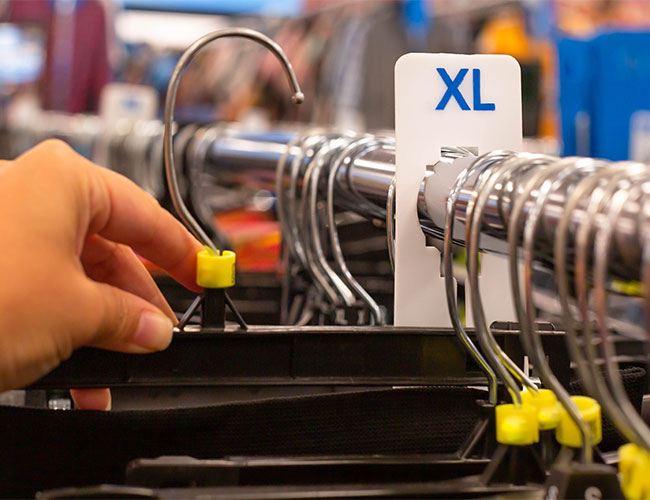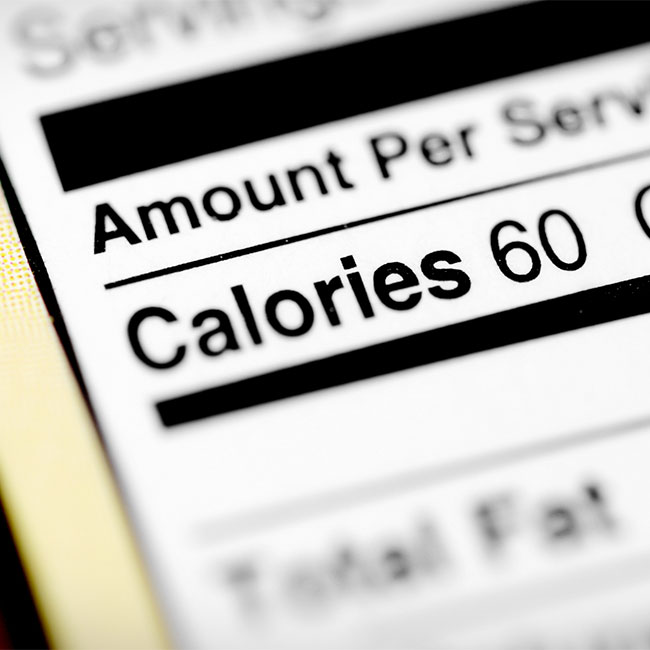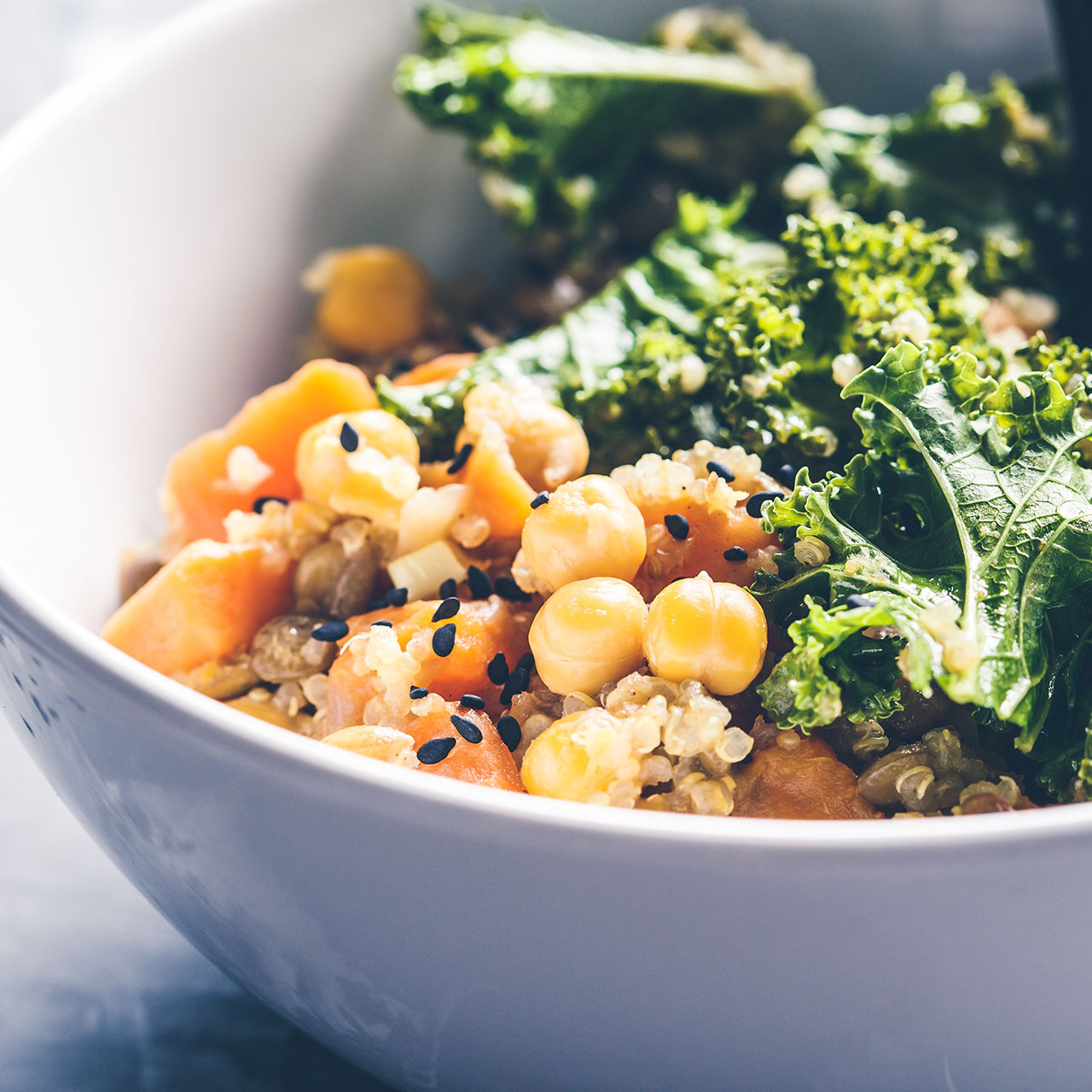If you’re trying to lose weight but still have a sweet tooth you just can’t seem to kick, low-calorie desserts and snacks may sound like a good compromise. In theory, it seems perfect: you can still indulge a bit in some tasty food without ruining your diet with a high sugar or calorie intake. However, the artificial sweeteners typically found in this variety of snacks come with health risks of their own.
To get down to the bottom of things, we spoke to Michele Canon, XPRO; NASM CPT; FNS, Behavioral Change Specialist for Xponential+. Canon told us that even when you choose low-calorie sweets, you may be putting yourself at risk of weight gain.


Artificial Sweeteners Can Lead To Weight Gain
When you reach for low-calorie, sugar-free snacks, you may give yourself a pat on the back for opting for a "healthier" choice over their sugary counterparts. However, there's a tradeoff involved here. If a sweet food doesn't actually container any sugar, it likely contains artificial ingredients instead. This can be just as bad for your body and eventually cause weight gain.
As it turns out, less calories doesn't always mean healthier. "'Diet' foods that contain artificial ingredients like aspartame, sucralose, saccharine even though they are void of calories can be detrimental to your health if you consume them regularly, and can also lead to weight gain," Canon warns.
This stems from the fact that these ingredients are highly processed, which can take a serious toll on our body. "In general, most commercial 'diet' foods will be highly processed and contain ingredients that our body does not have the ability to effectively metabolize," Canon warns. Yikes!
Oftentimes, the artificial sweeteners found in low-calorie foods can lead to digestive issues. That's because the taste alone can prepare our body to process sugar that it's not actually getting. "Artificial sweeteners still trigger our digestive system," Canon points out. "The act of consuming a food, even though it has zero calories, will trigger centers in your brain that alerts your body to the incoming sugar."
The end result is a slower metabolism. "When [your body] doesn't receive [the sugar], your satiety hormones are 'tricked' which can slow the metabolic process and cause us to overeat," Canon notes. And it's no secret that a slower metabolism paired with overeating can end in weight gain—which is the exact opposite of the results you're looking for when you chose low-calorie sweets.
So, what can you do instead when your sweet tooth becomes overwhelming? It's okay to indulge in a dessert made with natural ingredients every now and then, as long as you practice moderation. "Moderation is key," Canon concludes. Got it!


























